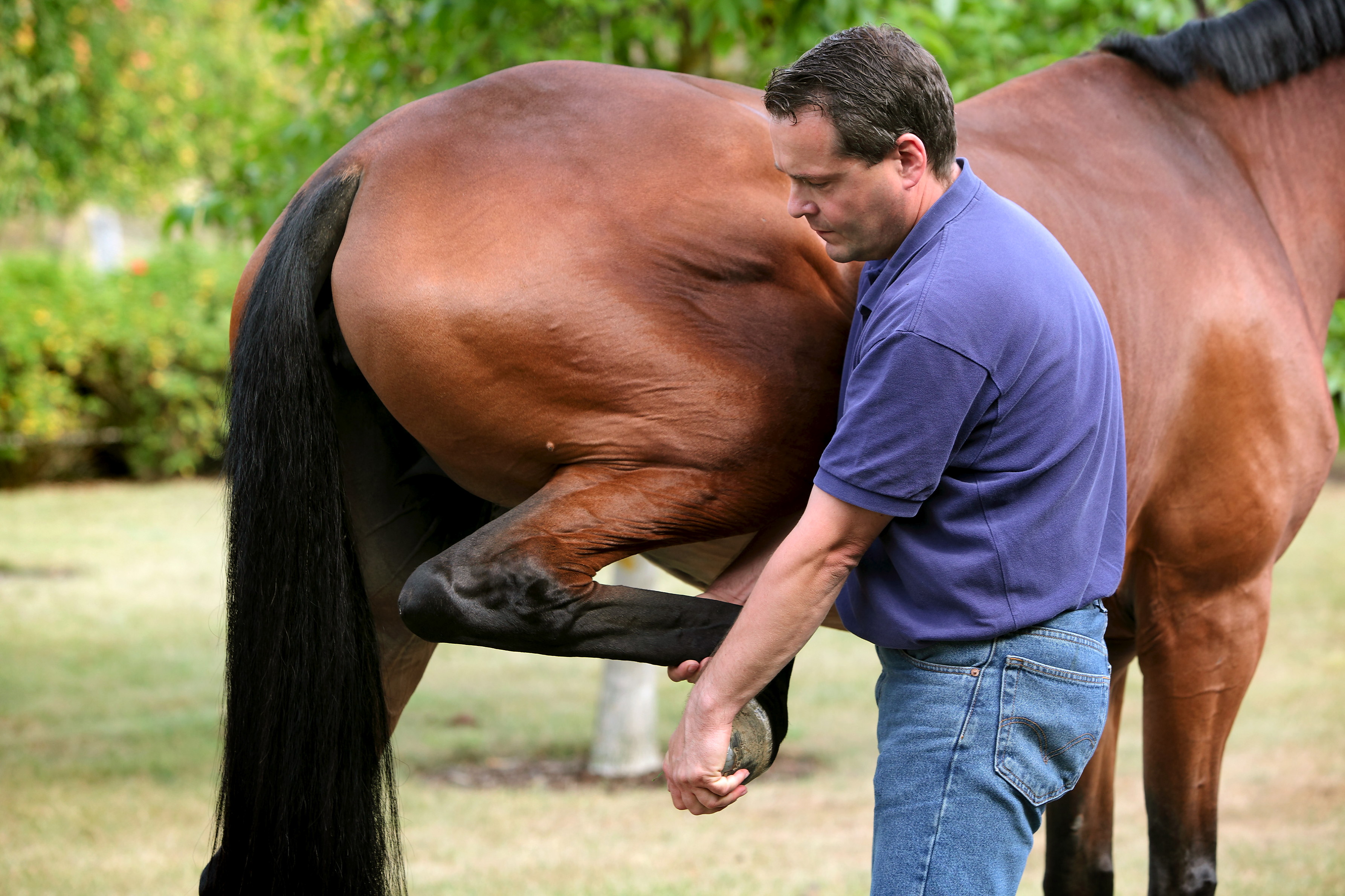Buying a horse guide. Things to consider when buying a horse...
13th Oct 2023

Buying a horse is a significant commitment, and it's essential to approach the process with care and consideration. Here are the steps and considerations you should keep in mind when buying a horse:
- Define Your Goals:
- Determine your goals for owning a horse. Are you looking for a companion, a trail horse, a show horse, or a working horse? Your goals will help guide your search.
- Budget:
- Establish a clear budget, considering not just the purchase price but also ongoing expenses like feed, shelter, veterinary care, and tack.
- Research:
- Research horse breeds, temperaments, and characteristics that match your goals.
- Research local regulations and zoning laws related to horse ownership.
- Understand the responsibilities of horse ownership, including grooming, training, and healthcare.
- Seek Professional Help:
- If you're a novice, consider consulting with a knowledgeable trainer or experienced horse owner for guidance.
- Visit Stables:
- Visit different stables, speak with horse owners and trainers, and observe horses to get a sense of what's available in your area.
- Find a Reputable Seller:
- Look for reputable sellers, such as experienced breeders, trainers, or trusted individuals.
- Avoid impulse purchases and be cautious about buying horses online or from classified ads.
- Vet Check:
- Have a veterinarian perform a thorough pre-purchase exam on the horse to check for any health issues.
- Review the horse's medical history and vaccination records.
- Riding and Handling:
- Spend time riding and handling the horse to assess its temperament and suitability for your goals.
- Evaluate the horse's training and behavior under various circumstances.
- Legal Considerations:
- Ensure that all necessary paperwork, such as a bill of sale and registration papers, are in order.
- Consider a written contract outlining terms and responsibilities.
- Transportation:
- Plan for transportation and the logistics of getting the horse to its new home.
- Stable and Care:
- Ensure that you have appropriate stabling and care facilities for the horse, including shelter, feed, and clean water.
- Be prepared to provide proper care and exercise to keep the horse healthy and happy.
- Training and Maintenance:
- Consider the horse's training needs and whether you have the skills or resources to provide them.
- Budget for ongoing training, equipment, and regular veterinary care.
- Horse Associations:
- Join local horse associations and clubs to connect with the horse community and access valuable resources and support.
- Learn About Local Regulations:
- Be aware of local regulations related to horse ownership, including zoning laws, permits, and environmental considerations.
Remember that owning a horse is a long-term commitment, and proper care, attention, and resources are essential for the well-being of the animal. Taking the time to make informed decisions and working with experienced professionals can help ensure a successful and fulfilling horse ownership experience.